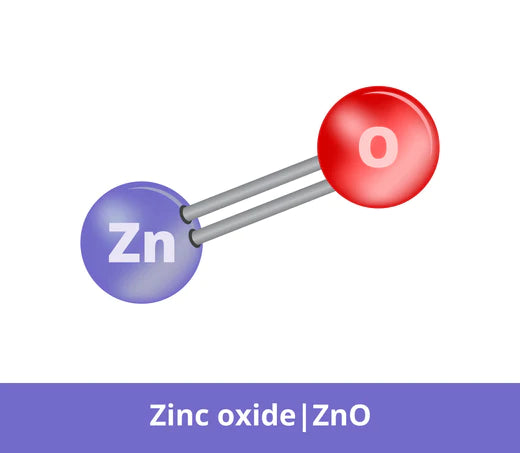What is Zinc?
Zinc is an essential trace mineral. Essential trace minerals are unable to be made in the body and are unable to be stored in the body, which ultimately means that you must obtain zinc from your diet or through supplementation. Zinc’s role in the body is pretty miraculous. It’s involved in gene expression, protein synthesis, DNA synthesis, wound healing, growth and development, immune function, and over 200 enzymatic reactions.* The more you understand about this trace element, the more empowered you will be to ensure you are getting enough zinc in your diet.
Types of Zinc
Here are the common types of zinc and their uses:
· Zn sulfate (~ 22% elemental)
· Zn acetate for common cold, but questionable studies
· Zn oxide is topical -- the white stuff on lifeguard noses
· Zn picolinate comes from tryptophan and address outright zn deficit, works fast
· Zn citrate (~ 34% elemental)
· Zn gluconate (~ 13% elemental) are well-absorbed--long shelf life
· Zn orotate claimed to be best absorbed, but questionable research
Zinc Benefits
Supports Healthy Immune Function
Zinc is essential for the function of the immune system, and there are a number of different ways that zinc supports the immune system.* Zinc activates enzymes that break down proteins in viruses and bacteria and it also increases the activation of cells responsible for fighting infection.*
Zinc ions are involved in regulating intracellular signaling pathways in innate and adaptive immune cells.* Zinc is critical for the development and functioning of natural killer cells, neutraphils, machrophages, T cells, B cells, phagocytosis, intracellular killing, and cytokine production.*
Promotes Bodily Repair
Zinc plays a role in regulating our body’s wound healing process.* Wound healing is a physiological response to injury that is essential across all tissue systems. Wound repair requires a series of tightly coordinated steps including coagulation, inflammation, angiogenesis, new tissue formation, and extracellular matrix remodeling. Zinc is needed for cell membrane repair, cell proliferation, and grown and immune system function.*
Supports a Healthy Inflammation Response
Optimal cellular levels of zinc have been shown to significantly reduce inflammatory cytokines
and oxidative stress markers and plays a significant role as an antioxidant in the body.* If the body is in a zinc deficient state, there will be an increase of oxidants present, leading to DNA damage. Zinc is also a cofactor for RNA and DNA polymerases, which aid in repair mechanisms.*

